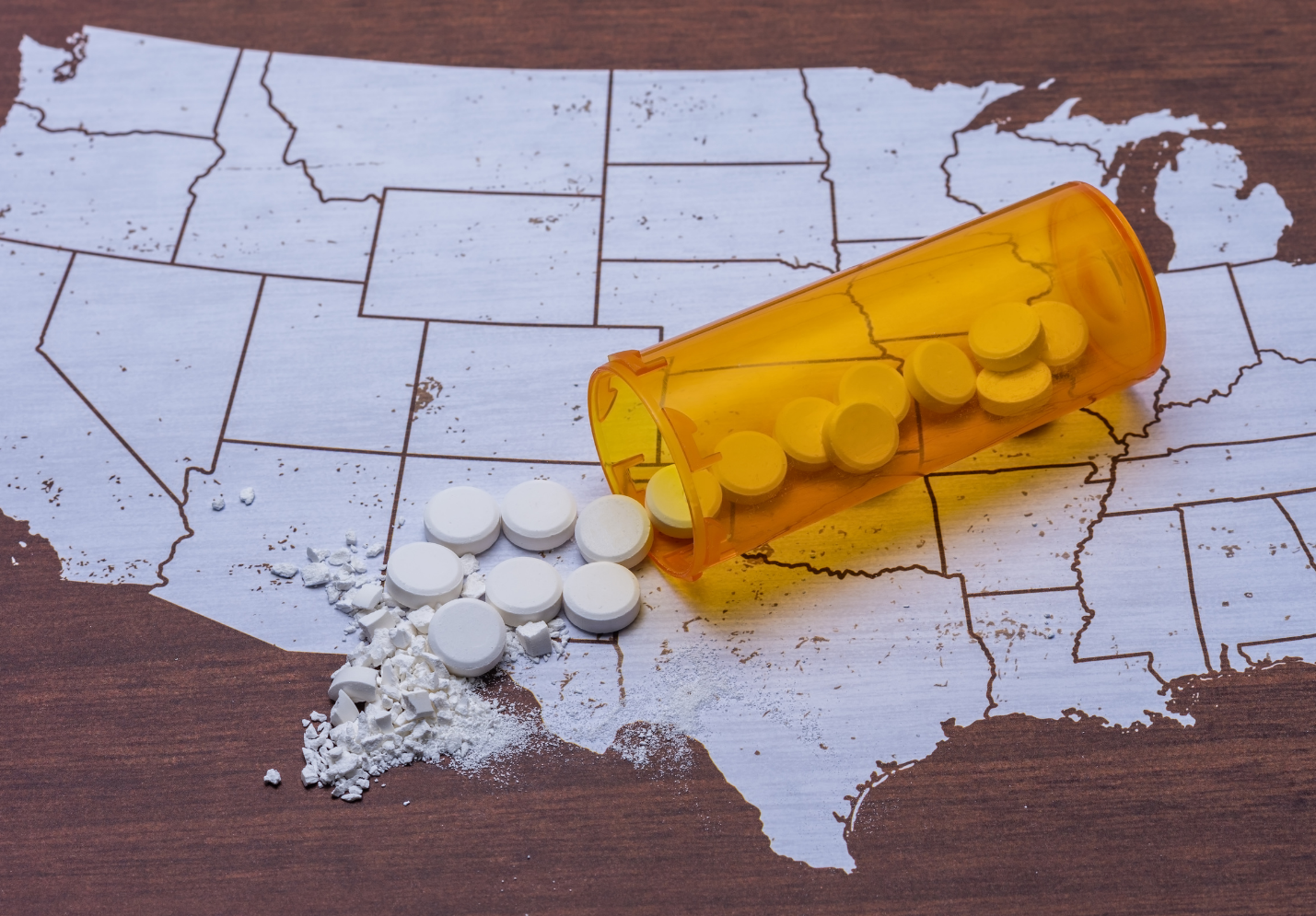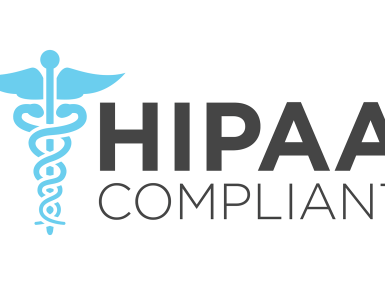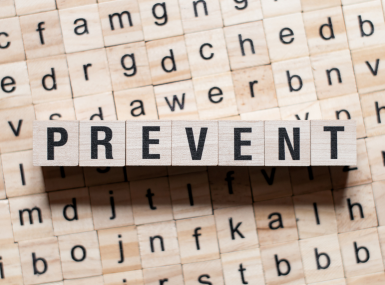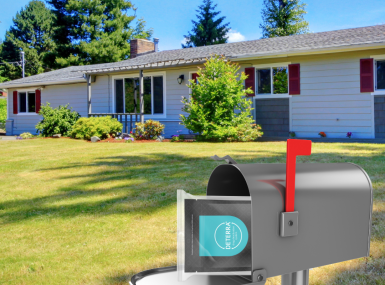How counties can use opioid settlement funds and government grants for evidence-based drug abuse prevention
Upcoming Events
Related News

From our partners
Take advantage of funding opportunities to make drug deactivation and disposal part of your county’s prevention efforts
Preventing prescription drug abuse continues to be a top priority in counties across the country. The opioid crisis is one of the worst public health emergencies our country has faced in decades, and overdose deaths have risen exponentially during the COVID-19 pandemic: More than 96,000 Americans lost their lives to drug overdoses in 2020, according to new Centers for Disease Control (CDC) data. That’s a more than 30 percent increase from 2019 and the highest number of overdose fatalities ever recorded in the U.S.
For many of us, the substance abuse epidemic is personal. I lost one of my closest friends and college roommates to a drug abuse-related illness, and that experience is what initially led me to working in the prevention space after 31 years in the military. Since joining the Community Anti-Drug Coalitions of America (CADCA), I’ve spoken with countless individuals with similar stories and many government leaders whose communities have been deeply impacted by the opioid crisis.
Many local governments are anticipating an influx of resources for prevention, treatment and recovery efforts in the form of opioid litigation settlement funds or grant dollars from the nearly $4 billion in substance abuse and mental health funding included in the American Rescue Plan.
At the 2021 NACo Annual Conference, I sat on a panel for a session exploring county strategies for navigating opioid settlements. One of the primary discussion topics was how government officials can help ensure these funds go toward actionable strategies and evidence-based solutions that make a measurable positive impact on the communities they serve.
Prevention efforts that focus on educating individuals about the importance of proper medication disposal are critical; opioid dependence often starts in the home medicine cabinet, so eliminating opportunities for drug misuse is a key component of a successful prevention strategy.
Funds earmarked for prevention can be used to provide tools like the Deterra® Drug Deactivation and Disposal System, an evidence-based, at-home medication disposal system. Deterra has been shown to increase proper disposal behavior and have a positive ROI for communities. For example, in Summit County, Ohio, dozens of businesses, government agencies and nonprofit groups joined together to distribute over 140,000 Deterra Pouches to destroy 5.5 million unused pills.
Communities across the country have implemented at-home drug deactivation and disposal campaigns with Deterra to help remove drugs from home medicine cabinets and reduce the risk of prescription drug abuse. The Deterra Pouches are distributed by local law enforcement and coalitions, often with custom labels that include information about who funded the program and links to further resources. The pouches can also be mailed to residents with a postcard that includes survey questions or a QR code linked to an online survey to collect responses and measure the impact of the distribution efforts.
As counties start planning for the use of prevention funds, partnering with community groups to offer tangible, proven resources like Deterra Pouches and educational materials on the importance of drug disposal is a sound investment in our communities’ future.
Contact Deterra to learn more about securing funds for at-home drug deactivation and disposal or download the Deterra Grant Guide for practical tips and sample grant-writing language to help you add Deterra to your prevention efforts.
Post Sponsor

Related News

U.S. House reintroduces legislation to address the Medicaid Inmate Exclusion Policy
Two bipartisan bills aimed at addressing the Medicaid Inmate Exclusion Policy (MIEP) were recently reintroduced in the U.S. House of Representatives.

House E&C Committee advances SUPPORT Act reauthorization
On April 9, the U.S. House Energy and Commerce Committee marked up the SUPPORT for Patients and Communities Reauthorization Act of 2025. The bipartisan bill aims to reauthorize critical programs that target overdose prevention amid the renewal of the opioid crisis Public Health Emergency declaration.

Bird flu update: What county leaders should know
As of April 7, there have been 70 confirmed cases of bird flu in the United States, but no person-to-person spread has been detected.


















